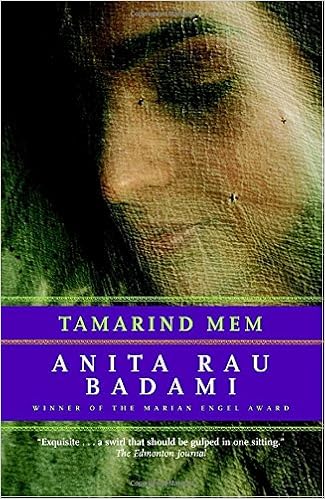While we were on a road-trip in September, I had an opportunity to read several books. The first one was "Educated: A Memoir" by Tara Westover. I had picked it up at Costco because the reviews on the cover were stellar. And the book did not disappoint.
Tara Westover tells a realistic, yet stunning story of growing up in Idaho, in a Mormon family who refuses to register its children, refuses to send them to school, refuses to let them see the Doctor. The father runs a scrap yard among other businesses that involve the children working in dangerous situation. The mother becomes a midwife so women do not have to see a doctor. Individuals inadvertently become subject to various forms of neglect, abuse and child labor, unnecessary accidents, even though the parents are highly idealistic and religious, well-meaning in their own way. For the child growing up this is insidious, as it knows no different life. Freeing herself from it requires all the strength Tara can muster. It is complicated, to say the least.
For me, it is a lesson in several areas. First of all, the depth of commitment to their lifestyle by American cultists. In many places in the world such isolation is not possible and communities are much better integrated. In America, however, it is possible, and in any case it is the "land of the cults" as Lutheran immigrant pastor/missionary Walther said. In Lutheran theology, the calling of the Christian person can be to be a medical doctor, a scrap yard owner, a pastor, a midwife, policeman, governor, housewife... All these callings are God's gifts to a helpful and integrated society. With the cult, however, an alienation is essential to keep the message alive, the message of isolation and individualism. A message of being different from other people in society.
Not that learning some survival skills would not be a good thing. Nowadays, we are so disconnected from nature and the way things used to be done even just two generations ago, that it makes us wonder what it is to be truly human without all our helps and technologies. Certainly, there is a tension inherent, that we can all understand. I myself was thinking we should get a generator when North Korea was sending missiles over Japan last year. There is the dirty bomb that could travel very far that disrupt all our communications and electrical grids. I was trying to imagine it, though I am not given to apolitical speculations. In fact, my generation, and especially myself hailing from the former West Germany, lived in the shadow of the bomb. How will we be able to survive when everything fails or is destroyed? Would we even want to try?
Maybe a generator would be good, but then you need fuel... Most of all, you would need water...
Where does it start and end. It becomes a paranoia, more than anything. But emergency preparedness is a sensible thing...
The book also makes me think about our current NDP government in my Canadian province. They have a left-leaning ideology, which has manifested itself in interesting ways, so interesting that they cannot be elected again. One of the first things, they have done, was to ram down the throats of farmers all kinds of laws regarding farm labor. Perhaps, there are concerns I had not considered. I know a family where all four children died in two separate farm accidents. The marriage also ended up breaking apart. I know a farm where a toddler was run over. But that can happen anywhere. I know a farm where a young man nearly burned himself to death. But had been very foolish. I know a farm where a young Mennonite helper was electrocuted just a few weeks into the job. No doubt, the young are at risk. But then my own 18-year old died in a car accident.
What factors can be controlled? In any case, the NDP should have had a consultative, bottom-up process, rather than asserted itself in the way it did, right out of the start gate alienating so many. From then on, it also went on to alienate Christians of all stripes. This also, was not ok. Christians, in general, are not like Tara Westover's father and mother. Mostly, they live in responsible, well integrated communities. Some oversight is always a good idea, but government oppression of consciences is not. They are your average, more or less, good citizen. And that is what we have had in my province, as of late. On that level, I had wondered if "Educated" is an anti-Christian book, but that would be not a fair interpretation. Overall, Westover has considered her communication carefully, and her points are well taken. There are indeed Mormon families hiding in Canadian mountain regions trying to keep polygamous groupings intact. These things do happen. And children suffer. We must support the weaker and younger elements in society.
The most memorable part of the book, however, was the philosophical and literary point of view. Westover took a degree in history, or more like the philosophy of history, or the process of making history. In relation to this, she comes to interesting conclusions, which one ought to read for oneself. What hit me most is that by writing her own autobiography, she says she is "writing history", herself.
It makes me consider all the autobiographies that have lived in my head and my life, all this time--my grandfather's, expelled from Silesia, my in-law's, fleeing Poland after the war. Stories that have not made it to the movie screens and histories that have been expunged from the collective memory. These stories make me different from my Canadian neighbors, though many immigrant populations also have suffered through wars, famine, oppression, even persecution. But the languages and images are different, and these communities tend to stay in their own corners. Currently, public discourse has been deluged with programs dealing with LGTBQ issues, as well as Indigenous affairs. In some ways, it is not a surprise that we have all fractured into new subgroups of discussion groups and media consumption. Some are becoming their own islands, their own Idahoes. We are educating ourselves online and what does this mean?
























